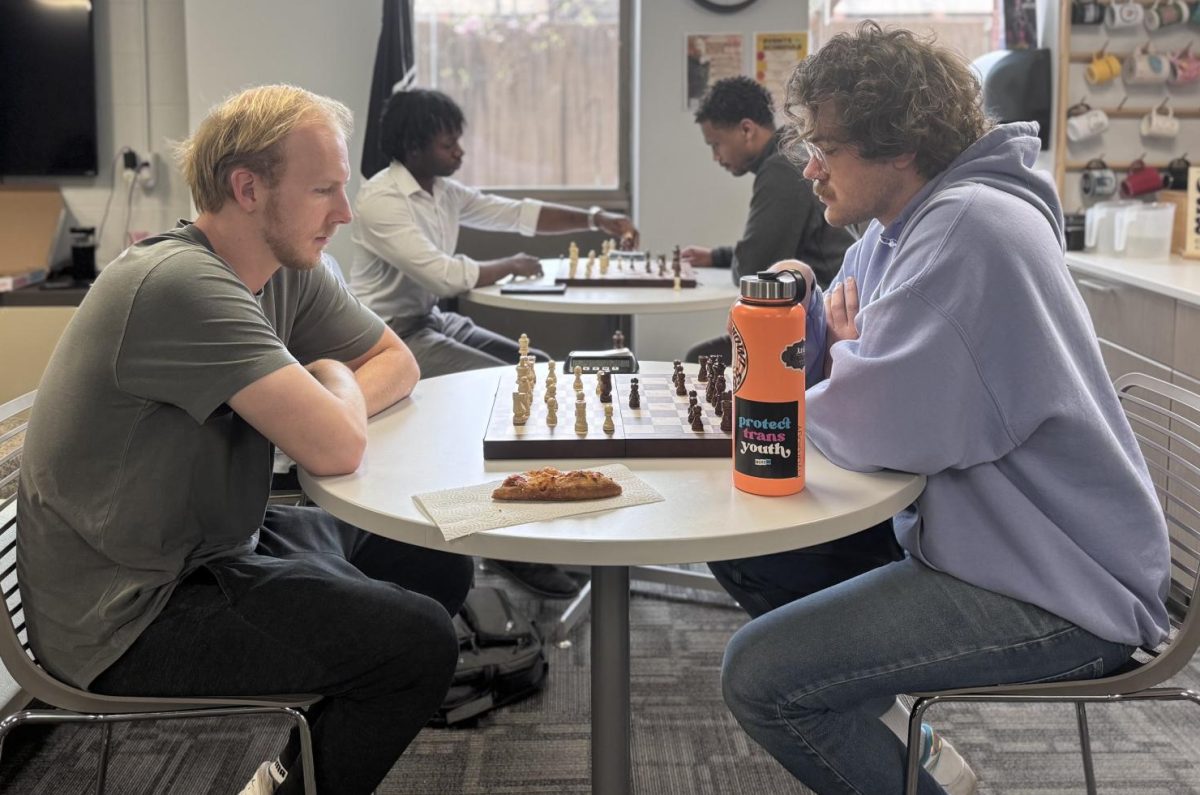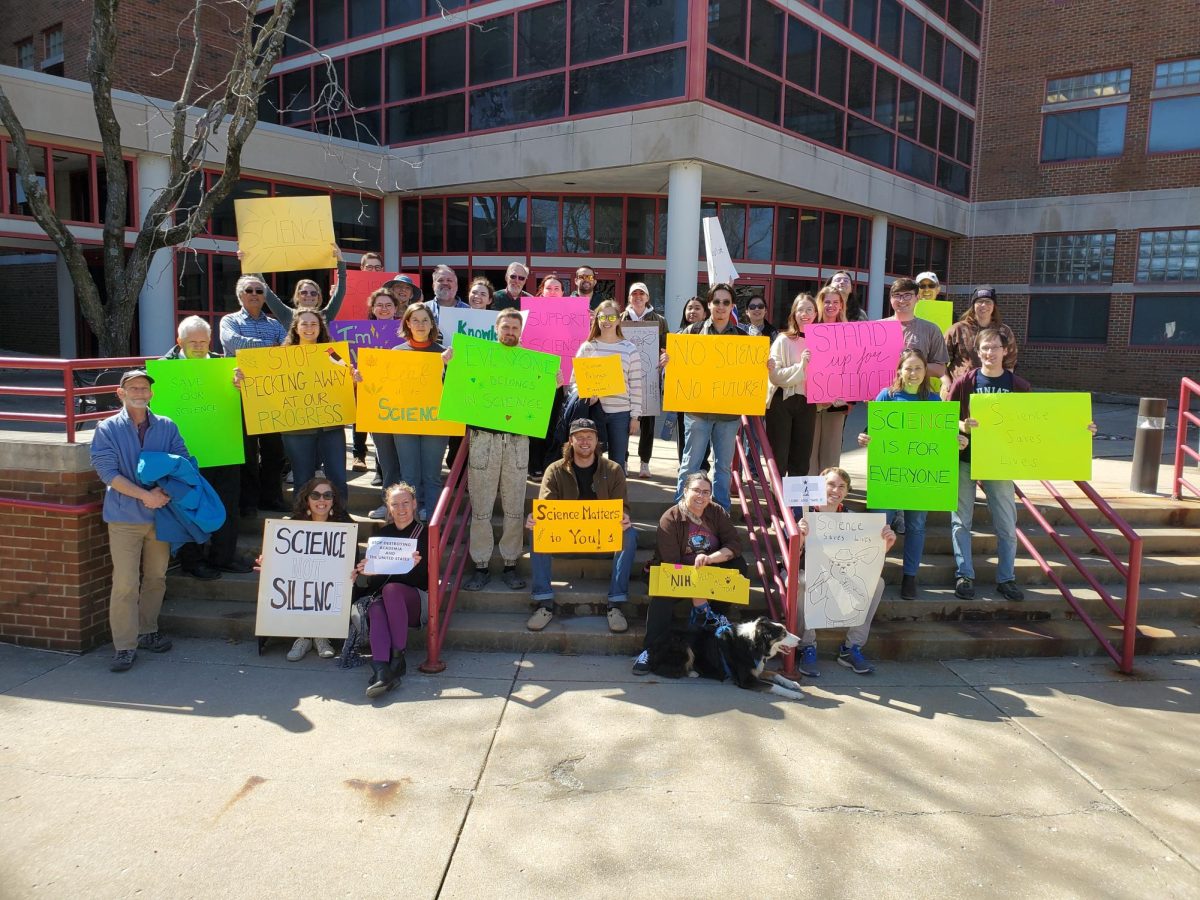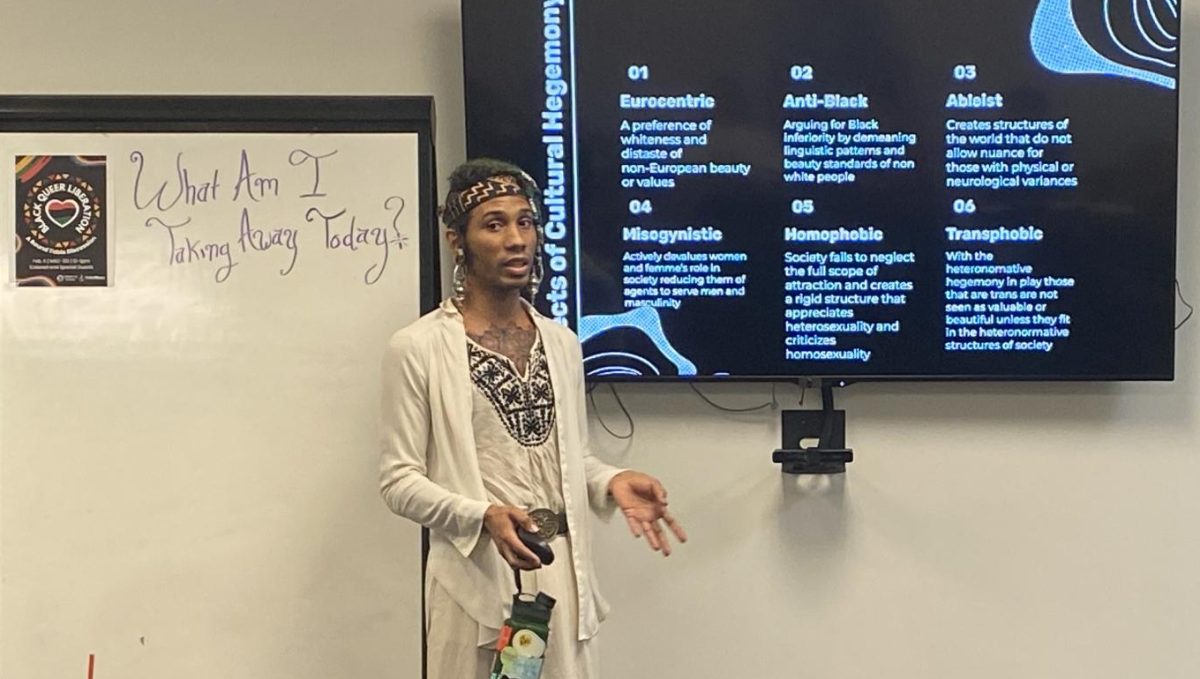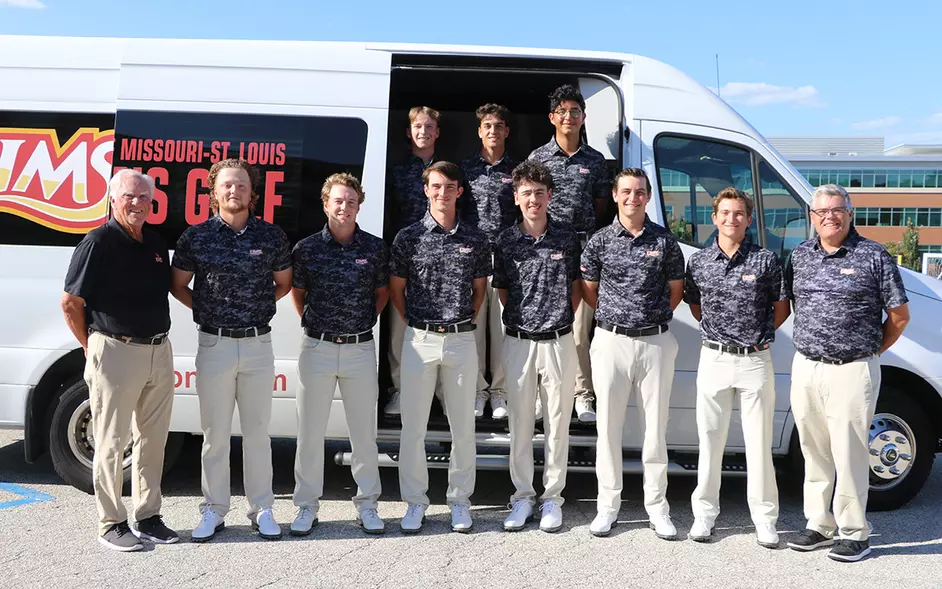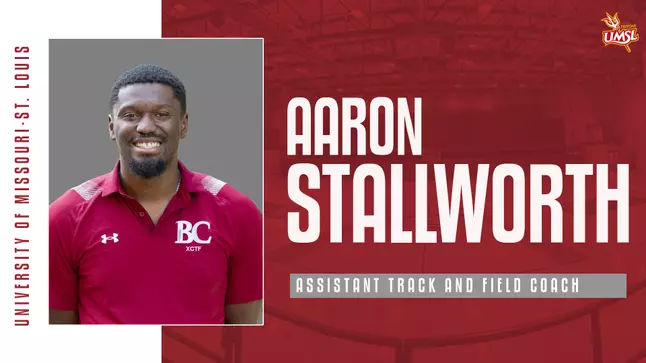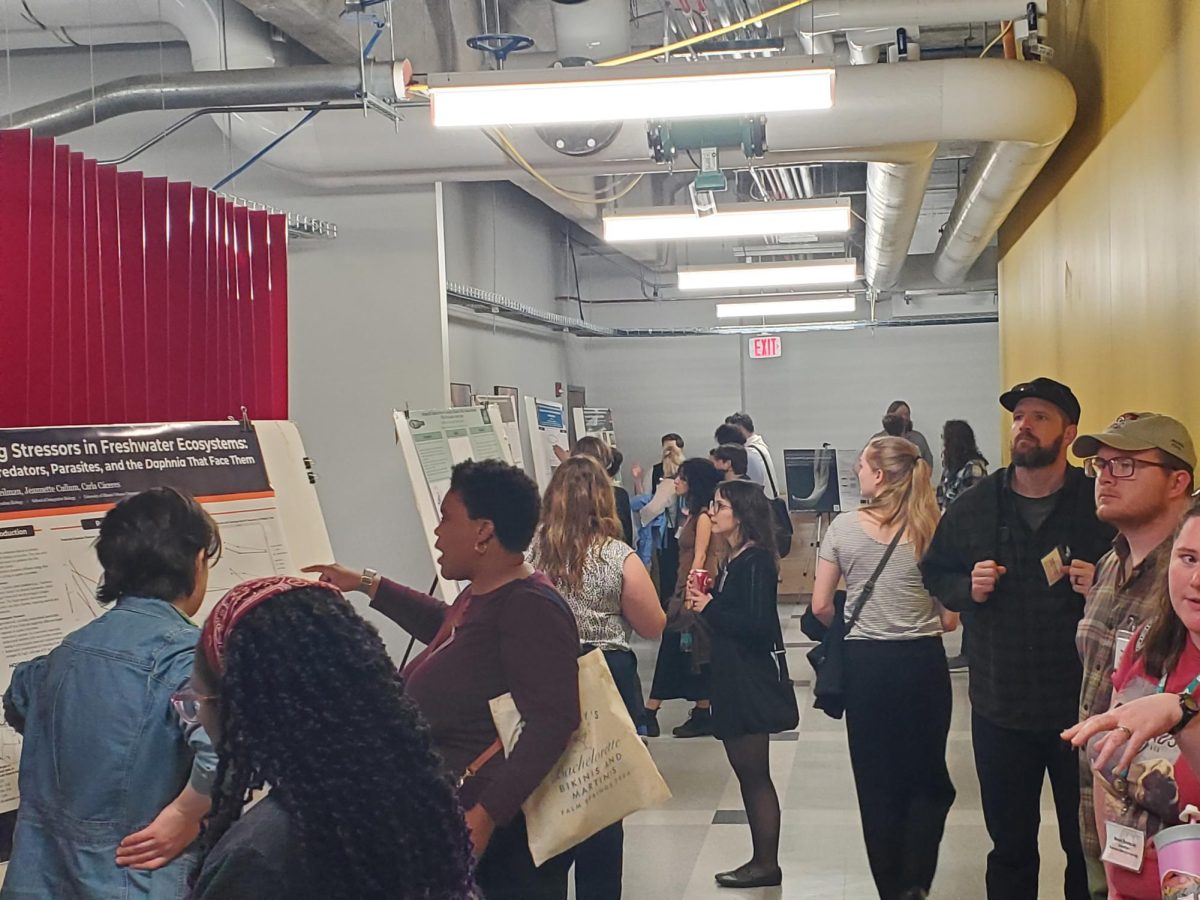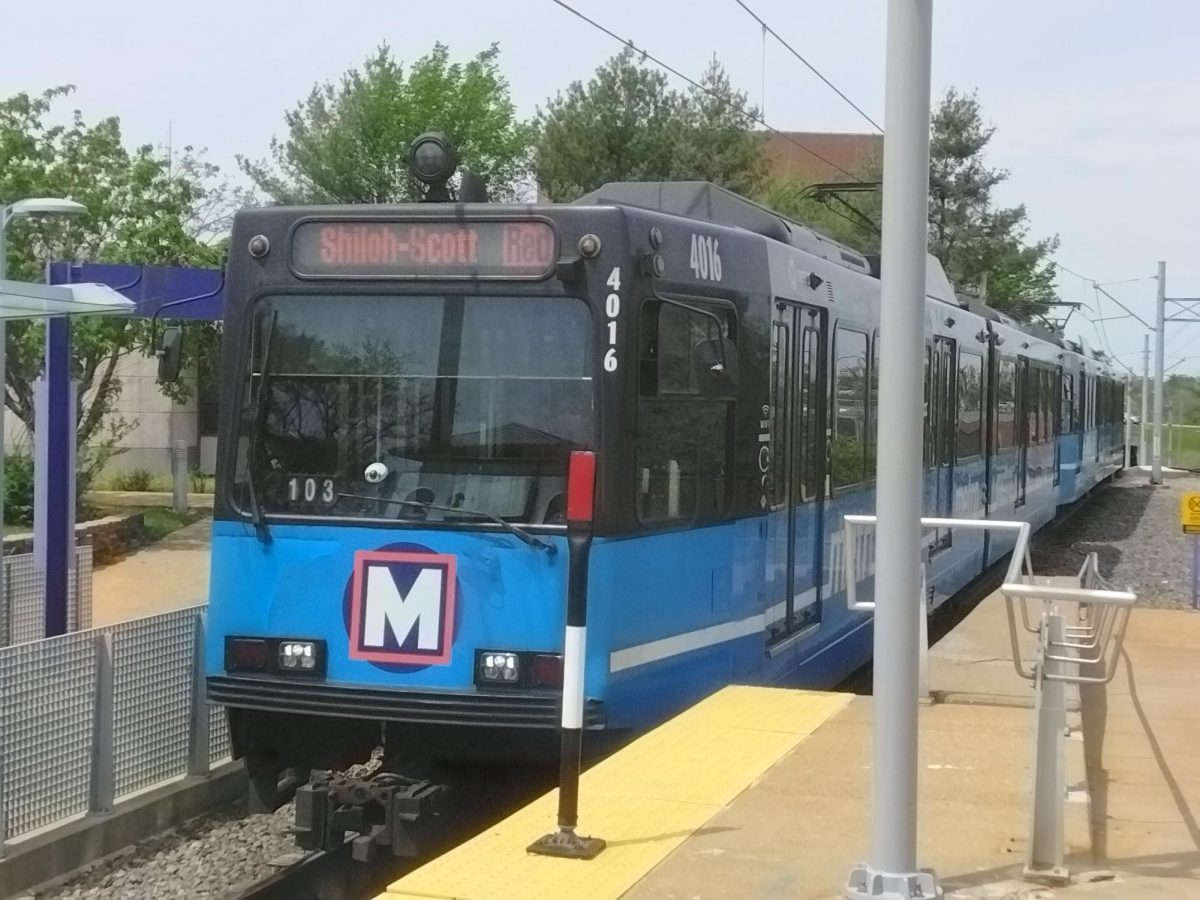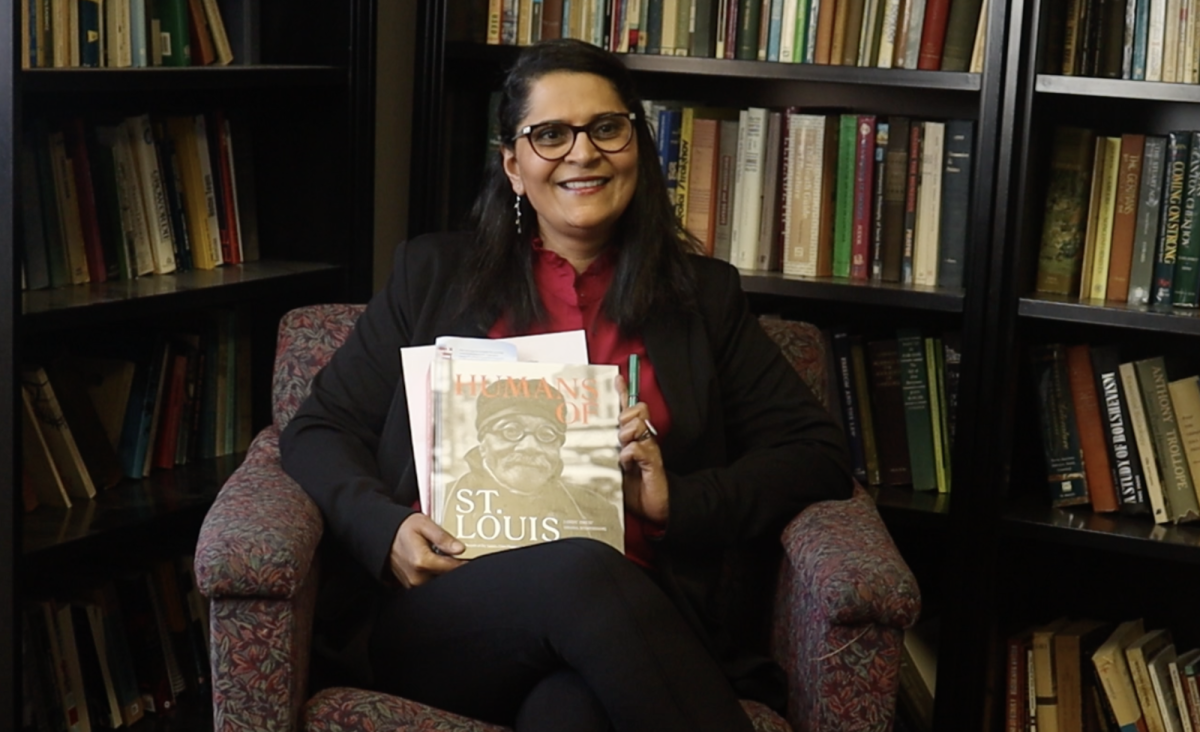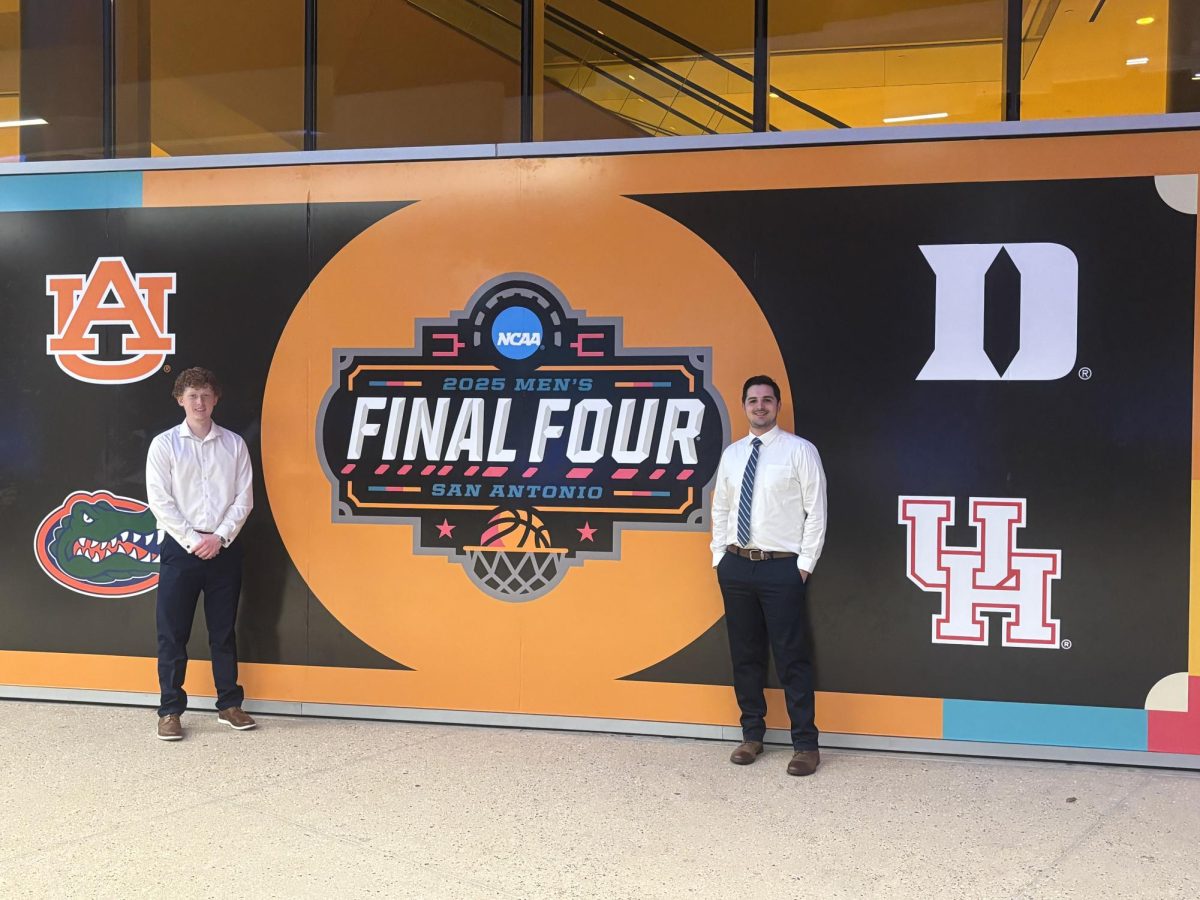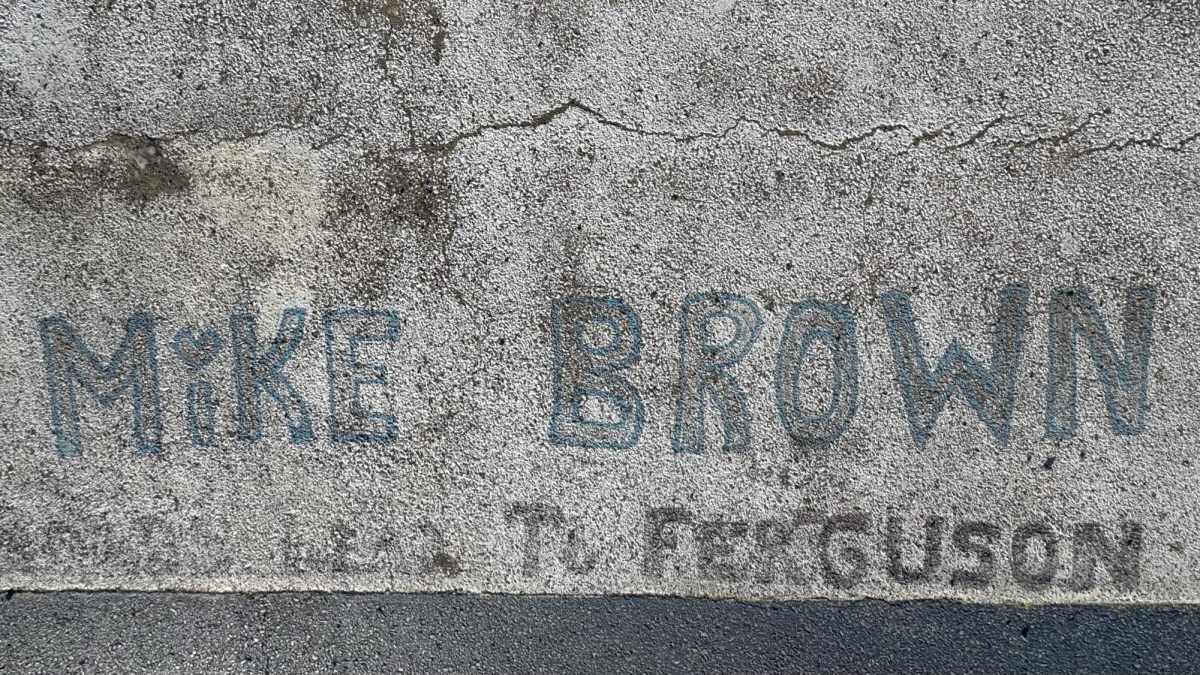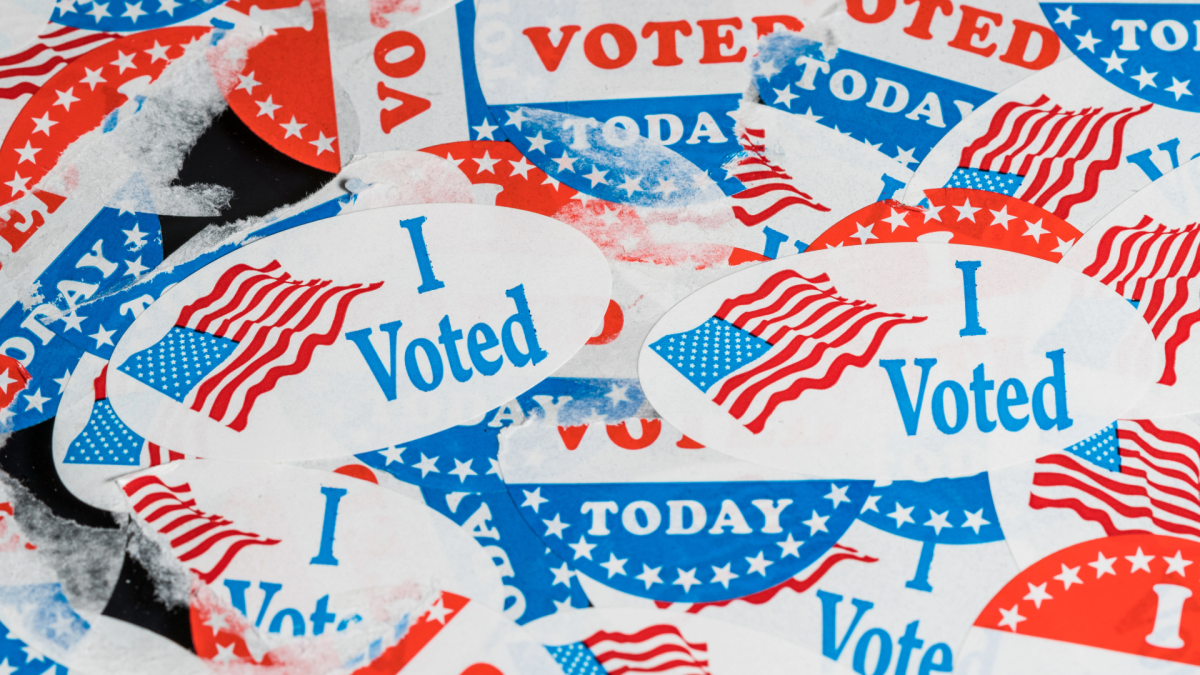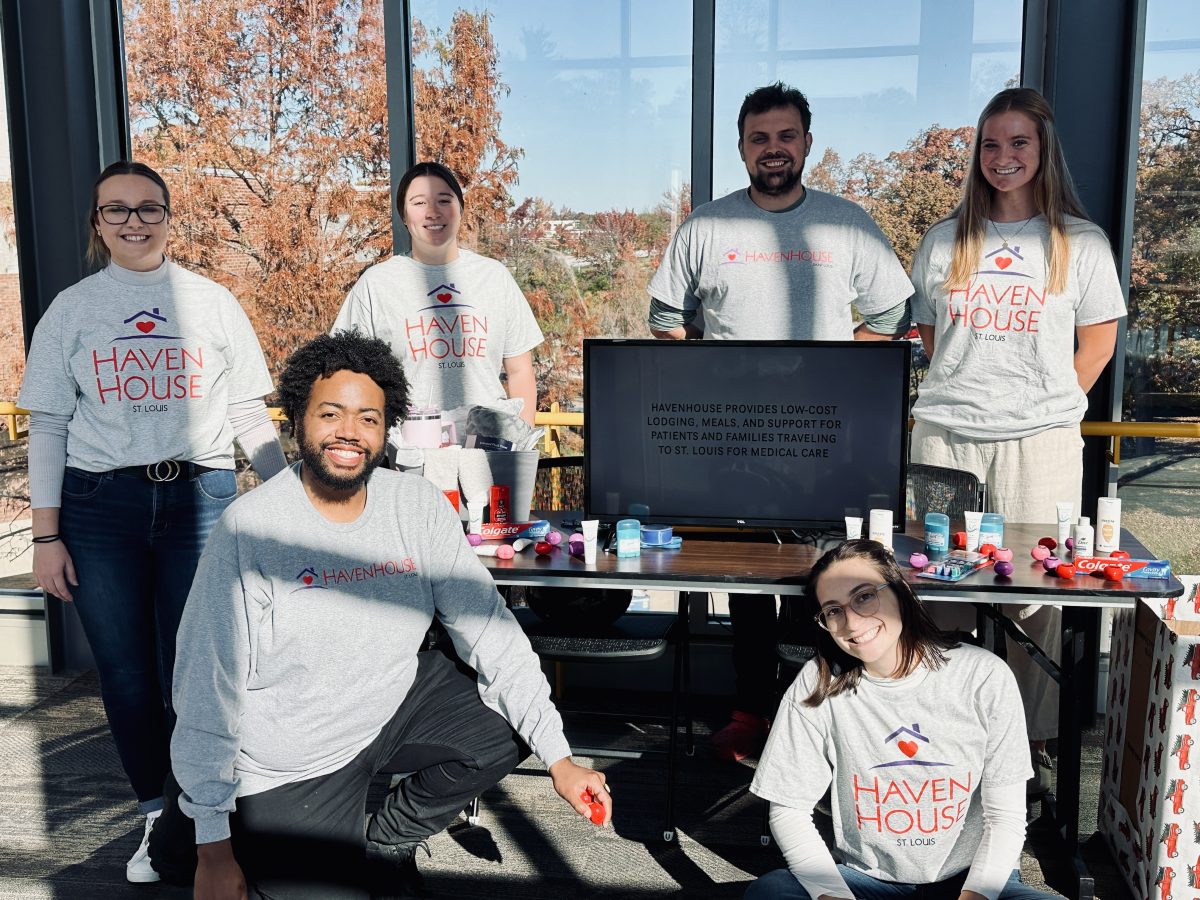During election season, it can be difficult to go anywhere or do anything without hearing about the presidential election or candidates. One thing that does not receive nearly as much conversation is local elections and proposed amendments.
According to the National Civic League, only 15 to 27 percent of eligible voters vote in local elections, with one reason for such low numbers being a lack of information on voting laws. The New York Times also concluded that when local elections coincide with presidential elections, voter turnout is higher. This year, in addition to the presidential ballot, there are five proposed amendments and one change of state law to the Missouri Constitution on the ballot for November 5, 2024.
Amendment 2
Amendment 2 would allow changes to the Missouri Constitution to allow sports betting in the state of Missouri. If passed, the Missouri Gaming Commission would regulate licensed sports wagering including online sports betting, gambling boats, and professional sports betting. Sports betting would be restricted to those physically in the state and to those over the age of 21. Additionally, a ten percent tax will be wagered on revenues and put towards Missouri education. Those in support of the amendment argue it could increase revenue for the state, particularly for education. Those against approving the amendment argue it could increase compulsive gambling and the negative effects that follow.
Amendment 3
If passed, Amendment 3 would remove Missouri’s ban on abortion. Abortion would be allowed until fetal viability except to protect the life or health of the woman. Additionally, Amendment 3 would establish a right to abortion and contraceptives without government interference and would require the government not to discriminate against persons providing or obtaining reproductive health care. Supporters of Amendment 3 argue it will preserve the health of individuals seeking reproductive health care, while opponents support the current abortion ban.
Amendment 5
Amendment 5 deals with a Lake of the Ozarks Casino. If passed, Amendment 5 would allow the Missouri Gaming Commission to issue one additional gambling boat license to operate on the Osage River in Lake of the Ozarks. Amendment 5 also requires all state revenues generated from the gambling boat license to go towards early-childhood literacy programs in Missouri elementary schools. Those in support of building a casino argue it would create jobs, aid the local economy, and create funds for early-childhood literacy programs. Those against building a casino argue that the Osage Nation showed interest in operating a casino, and the passing of the amendment would negatively impact their project.
Amendment 6
Amendment 6 would determine if court fees can be used to fund retirement for sheriffs and prosecutors. If passed, each Missouri court case would include a fee paid to current and former sheriffs, prosecuting attorneys, and circuit attorneys. Supporters of Amendment 6 argue the fees would fund pensions for sheriffs and law enforcement, while opponents argue it could create an incentive for arrests and prosecutions.
Amendment 7
Amendment 7 deals with voters’ rights and rank-choice voting. Rank-choice voting is when voters can vote for candidates in order of preference. If a candidate receives more than half of the first choices, that candidate wins. If there is no majority winner, then the candidate with the least amount of votes is eliminated. The voters who ranked the eliminated candidate first will have their votes counted for their second choice, and the process continues until there is a majority winner. Additionally, Amendment 7 would also make the Missouri Constitution consistent with state law by only allowing citizens of the United States to vote. If passed, Amendment 7 would prohibit the expansion of ranked-choice voting in Missouri and only allow citizens to vote. Supporters of Amendment 7 argue that rank-choice voting is too complicated and would harm fair voting in Missouri. Opponents argue election systems should be left to local governments to decide.
Proposition A
Lastly, Prop A deals with workers’ rights and minimum wage. Prop A would increase minimum wage hourly pay to $13.75 per hour with an increase of $1.25 per hour each year until 2026 starting on January 1, 2025. It would also amend Missouri Law to require all employers to provide one hour of paid sick leave for every thirty hours worked. Supporters of Prop A argue workers need higher wages and paid sick days. Opponents argue that businesses would have difficulty meeting increased wages and demand, and would pass the cost onto consumers.
For more information about the 2024 ballot measures, visit the Missouri Secretary of State webpage.

